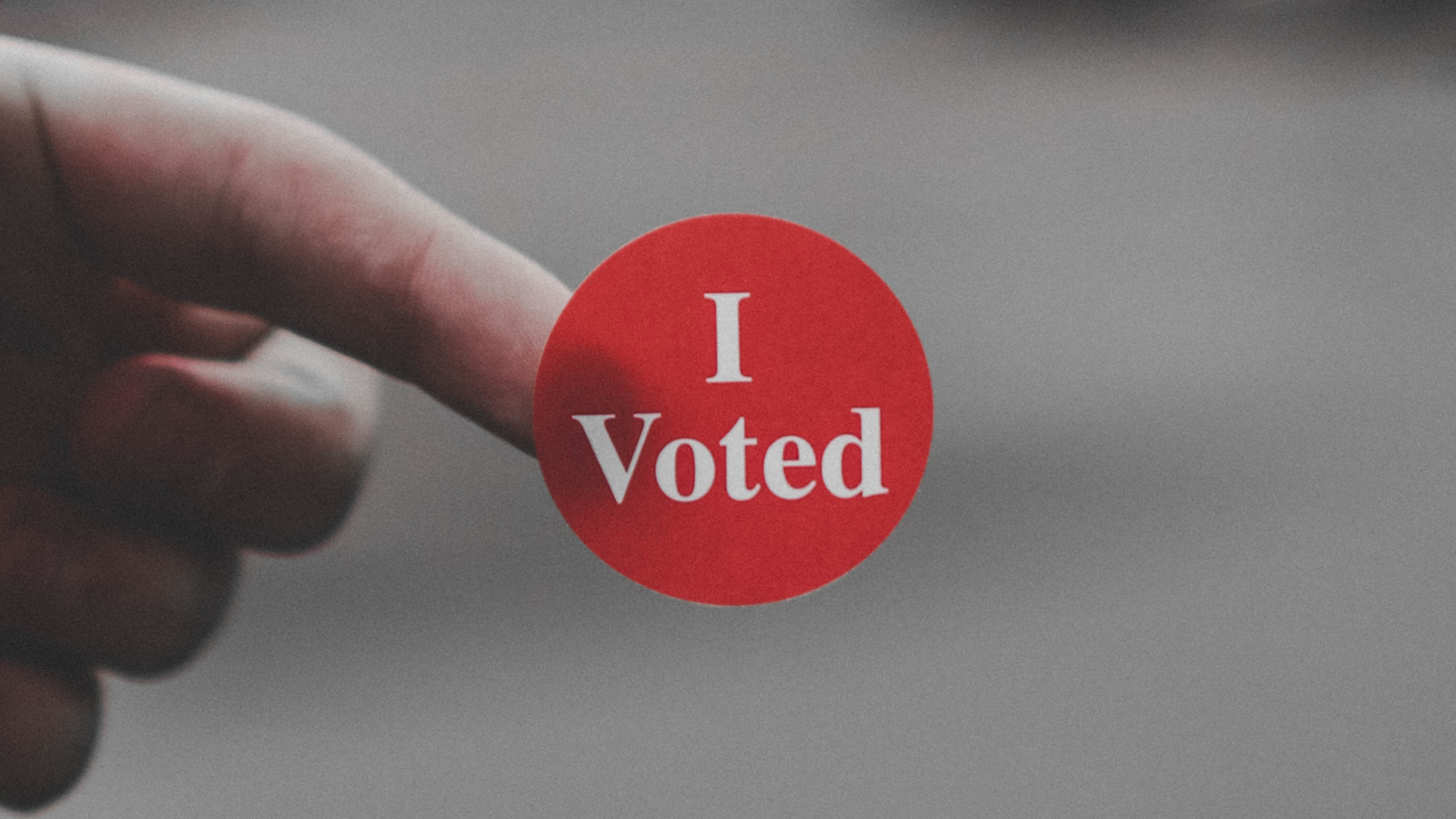By Jennifer Bright
Each year, more and more states are embracing school choice options through education savings accounts (ESAs) and school voucher legislation. Alabama was the first state to pass a universal school choice bill in 2024! Louisiana will not be far behind as it is being debated this week in the Louisiana Senate.
As private homeschoolers in Louisiana, why should we be concerned about ESAs or school voucher legislation? Statistically, Louisiana has always been near or at the bottom in education as compared to the other fifty states. For example, in 2023, Louisiana ranked 46th. The question that is often asked is, why wouldn’t we support these school choice options? Wouldn’t ESAs help lift Louisiana students from the bottom?
School Choice
‘School choice’ is often referred to as educational choice, educational options, parent choice, etc., in which taxpayer-funded monies are channeled through school vouchers, educational savings accounts, educational empowerment scholarships, tax credits, etc., (which sound and look enticing) for parents to choose the educational option that they believe is best for their child(ren). Louisiana’s version, the Giving All True Opportunity to Rise (LA GATOR) scholarship program, is being decided this week at the capital.
Government Monies—Government Regulation
As with all government monies, there will be regulations, rules, accountability, and control. Currently, 13% of Louisiana school districts receive their funding from the Federal Government, and the rest is divided between the state’s budget and our local sales and property taxes.
How will this new legislation affect private homeschoolers in Louisiana? From HB 745, section 4037.5. (Schools and service providers; eligibility; participation), private homeschoolers who register either as a home study program or a nonpublic school not seeking state approval are not eligible to participate or concurrently enroll in the LA GATOR scholarship program. The LA GATOR scholarship program sets up a new class of government-funded students, just like Arizona’s Empowerment Scholarship Accounts. So currently, private homeschoolers will not be affected.
“When parents take these funds, they sign a statement that they are no longer homeschooling, even if they may be educating at home. As a result, accepting ESA funds places the student in a new category as an ESA student. Because students are no longer privately funded homeschool students, but instead publicly funded ESA students, government regulation inevitably follows and impacts the education these students receive.”[1]
It may not affect private homeschoolers today, it could in the future. The current bill requires all students who participate in the LA GATOR scholarship program to comply with all program requirements (including yearly testing). But what about next year or the year after, how will the government change or modify the program requirements?
Other States’ ESA Programs and Problems
Let’s look at a couple of other states that have drunk from the well of ESAs, like Arizona and West Virginia. Budgets have blown up! There is an administrative nightmare and a lack of accountability. Politicians and educational leaders are looking for solutions to fix the failed experiment.
Resist the Temptation
As Leigh Bortins shares in this article,
“Parents are presented with “choices” that aren’t really choices at all.” And “Receiving one-time government money with no strings attached makes the second, third, and fourth times easier with strings attached. With the shekels come the shackles.” So, “we must…resist the temptation posed by government funding.”
Educate Yourself
Think through these questions from Classical Conversations® Educational Freedom website, as you consider who do you want to control your homeschool—you or the government?
- Do you want the state involved in your homeschooling on any level?
- Is accepting any financial assistance from the state a slippery slope?
- Where does the money come from?
- Would it be more beneficial for homeschoolers to keep their education tax money rather than fund the Department of Education with that money?
- In your state, are you still classified and protected as a homeschooler if you receive government funding?
- Is making your own curriculum decisions important to you, or would you prefer the Department of Education to assume oversight in those decisions?
- What historical examples can you think of where the government was involved in decisions like this? What were the initial intentions? Were the outcomes positive or negative, and how accurately did they reflect those initial intentions?
In Louisiana, there are currently over 45,000 children being home educated. If we were our own school district, we would be the second largest in the state! Just remember, the state government (and federal) will do whatever it can to bring us under its control, and ESAs are just one of their avenues. We need to stand firm against any governmental encroachment on our freedoms to direct our children’s education. We, as parents, know what is best for our children.
The Homeschool Freedom Action Center website is here to help you stay informed and to help families educate themselves on what true educational freedom is!

Jennifer Bright is the Communication Manager for Research and Quality Assurance for Classical Conversations. Jennifer’s passions are classical Christian education and discipling the next generation to live for Christ. She supports homeschool families by tutoring their students with the classical tools of learning. Jennifer and her husband began their homeschool journey almost 20 years ago in Russia while serving as missionaries, and currently, they reside in Covington, Louisiana.
[1] “Educational Savings Account.” Accessed 4/15/2024. https://classicalconversations.widen.net/s/swkgl26rw7?__hstc=87463879.1d548548b58a4ef2d8bb0d564a005567.1638826400930.1670868123213.1670943201710.270&__hssc=&__hsfp=&hsCtaTracking=d9ec90d4-0a2d-4d25-bcbb-c8c3b64bb33d%7Cbc6a2c98-eeed-4bdf-adba-2ef77c9a312a







